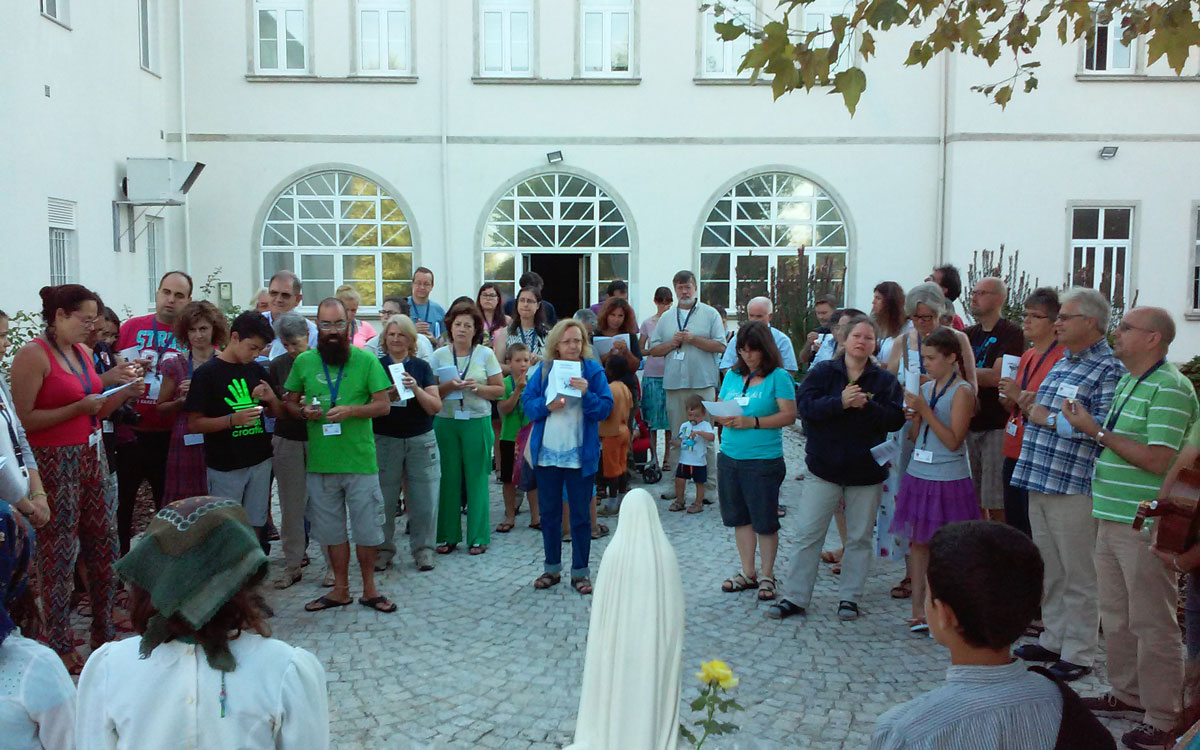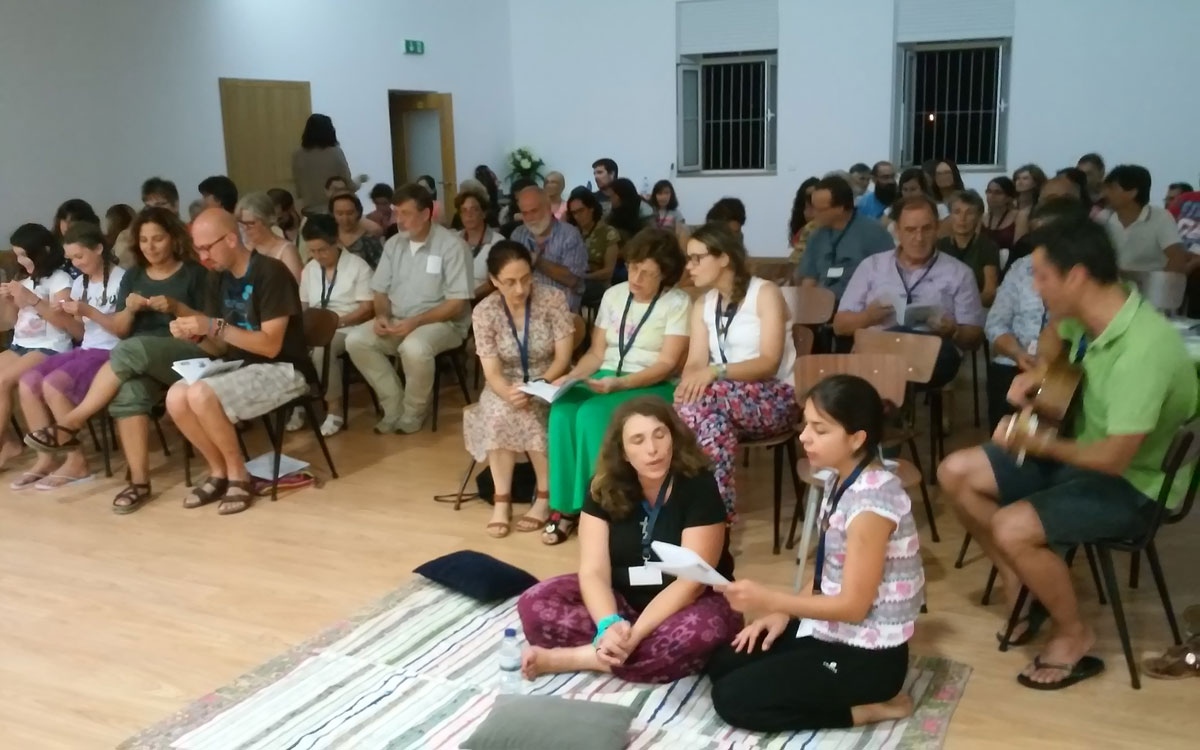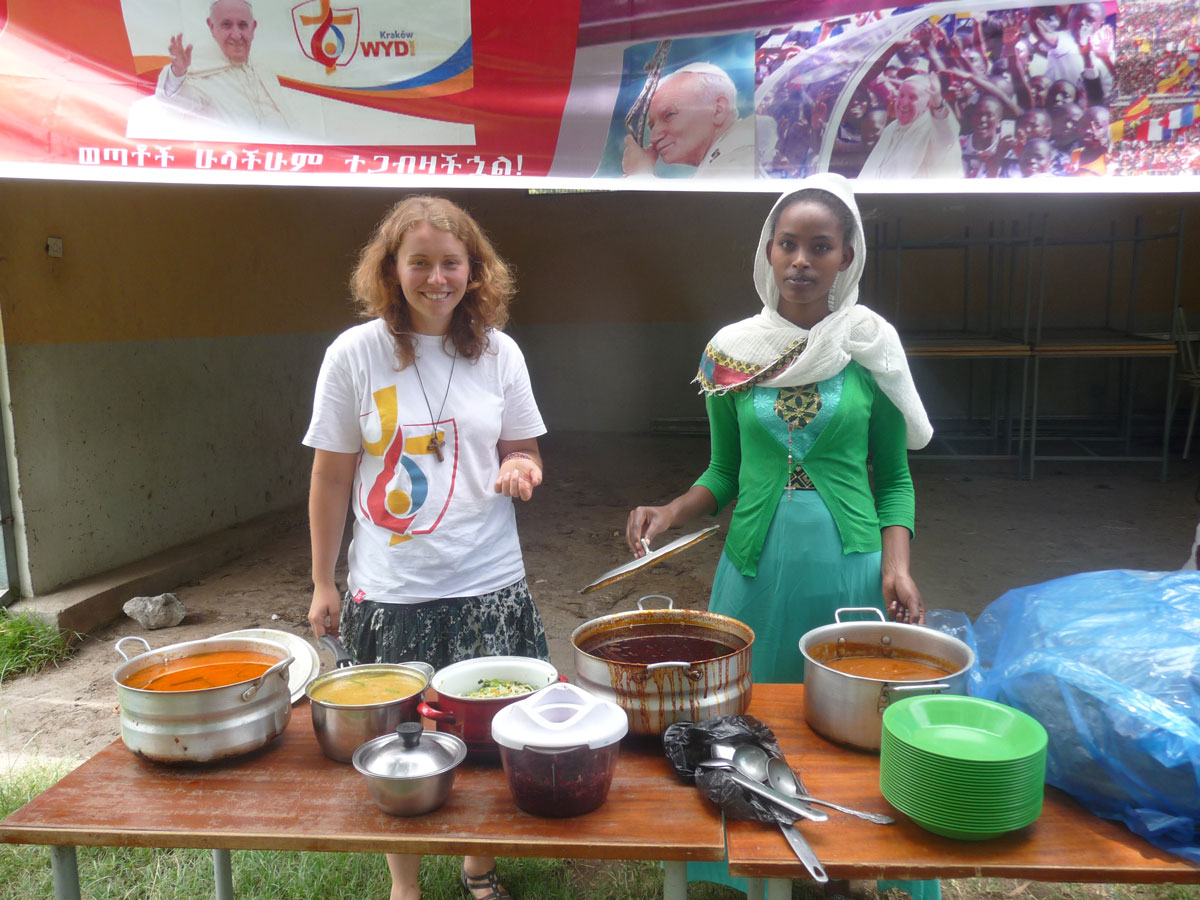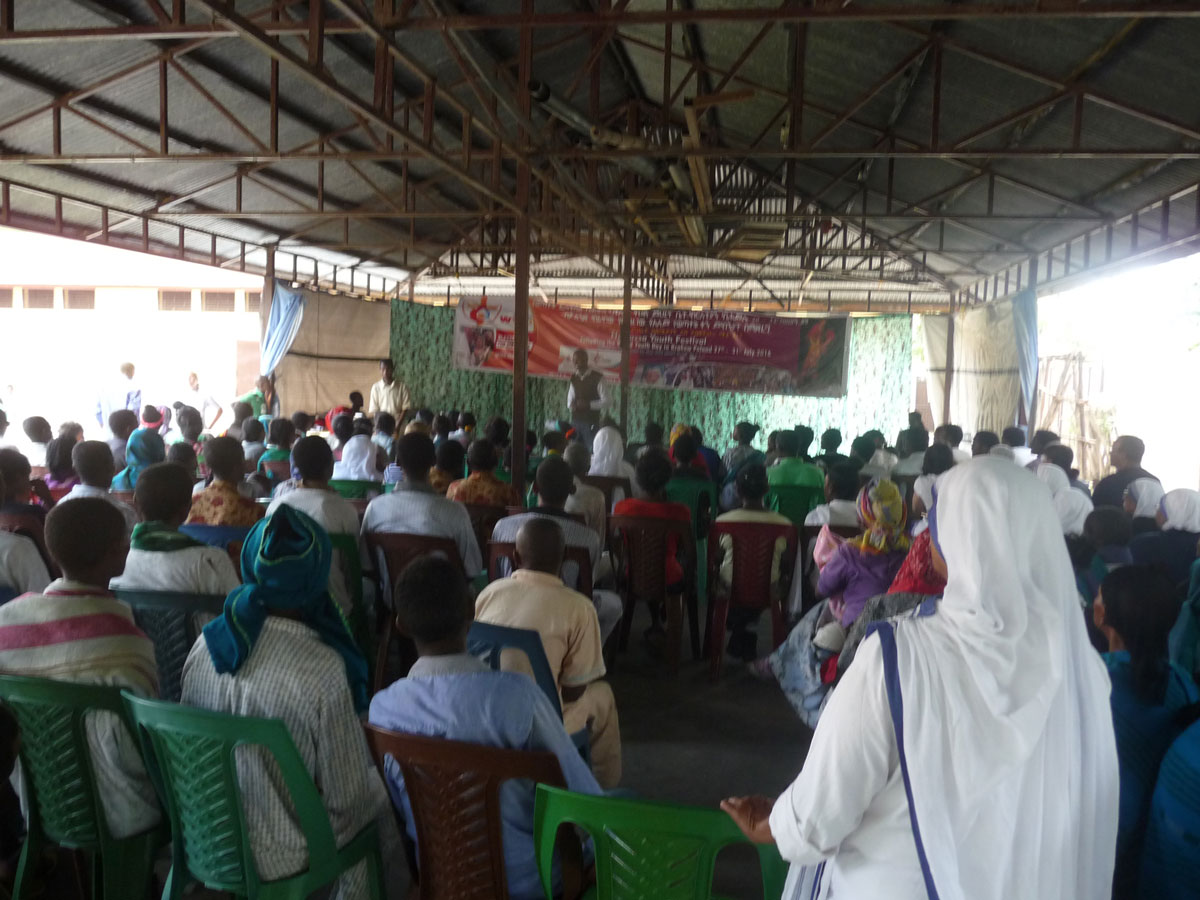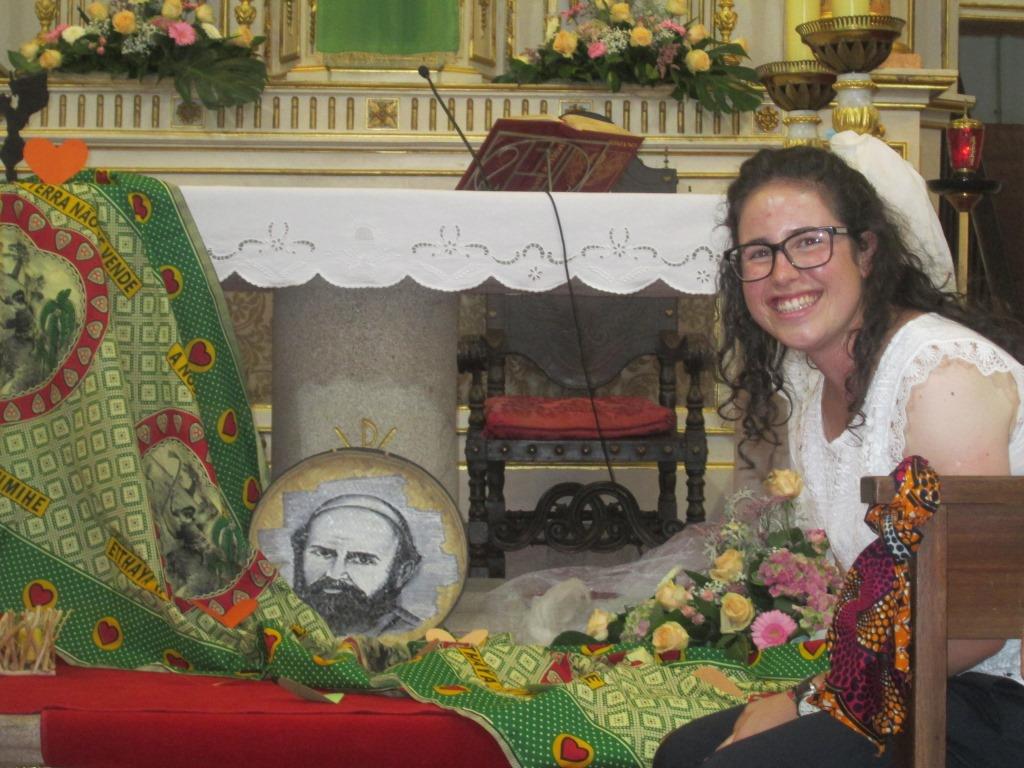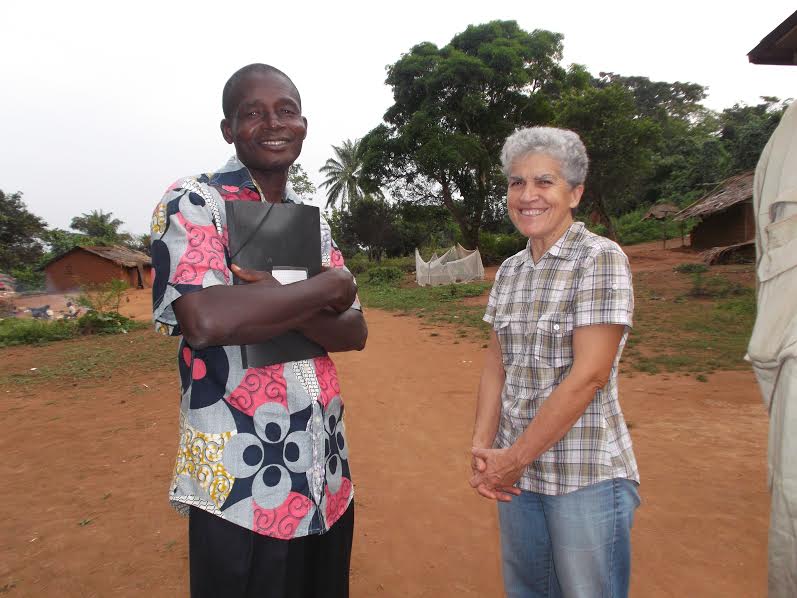The European Assembly of the Comboni Lay Missionaries (CLM) is taking place from August 21 to 27 in Viseu, the mother-house of the Comboni Missionaries in Portugal. There are 74 adults and 22 children from Germany, Austria, Spain, Italy, Poland and Portugal in the meeting. The Comboni Missionaries who work with the CLM in their respective countries are also present. Two representatives were invited from the Comboni Sisters and Comboni Seculars. It is a week with a detailed schedule of prayer, reflexion, sharing of experiences and relaxation.
The CLM organize their European assemblies every three years. They intend to mark moments of togetherness and joy and to give continuity to the reflexion of the main themes from previous meetings.
The last European meeting took place in 2013 at Krakow, Poland. That meeting singled out some issues that were considered priority to be deepened in groups and individually, at CLM level in every country of Europe. The issues were related with the CLM life. This week’s issues are: identity and vocation, formation, organization and coordination, economy and sustainability, communion and Comboni family.
The goal of all this work is to share the journey of every single group on each of the single issues. This sharing among people from different countries will assist the CLM members to feel better integrated in their missionary vocation.
The specific goals that are targeted at the end of the assembly are:
- To celebrate the CLM vocation, starting from the characteristics that are common to all groups;
- To share vocation experiences made by members from different countries in order to know the lifestyle of one another;
- To reflect upon the journey already made in Europe and at intercontinental level, where they are aiming at and what is lacking to reach the goal;
- To draw some inspiring lines to help the CLM to walk better united and to be engaged at all levels;
- To strengthen the ties as the CLM European Movement and their sense of belonging to the Comboni Family.
“The meeting would not be possible – said Paula Ascensão – without the effort, availability and dedication of the Viseu community. The Comboni Missionaries opened their doors to us and they showed availability to host the CLM formation and meetings in their houses. When we asked to organize the European CLM assembly in Viseu, they gave a positive answer and they are helping us organizing it. It is thanks to them that the Portuguese CLM are able to welcome almost 100 European CLM here in our country. We are very thankful. And we ask prayers from all who are following us from afar, so that this European assembly may to be successful and produce much fruit.”




